Quantum Foundation Online Lectures
Abstracts

Prof. Anthony Leggett
Nobel Laureate in Physics;
University of Illinois Urbana-Champaign, USA
Coming Soon…

Dr. Timothy E. Eastman
(Formerly) Geophysical Institute,
University of Alaska, USA
Topic: Actuality and Possibility: Space Plasmas to Quantum Physics
Abstract: My current worldview arises from a mix of (1) the process tradi8on going back to Schelling, Peirce, and Whitehead, (2) my profession of space physics, which highlights the importance of electromagne8sm (EM) and plasma processes, (3) exposure to a cosmic agnos8cism that emphasizes both gravity and EM/plasmas, and (4) a convergence of quantum physics understandings that reveals the real, inclusively, as both the actual and the possible. As laid out in my book Untying the Gordian Knot (2020) and a recent essay in Pari Perspec4ves (1/25), these mul8ple strands of thought appear to be converging towards a new natural philosophy.
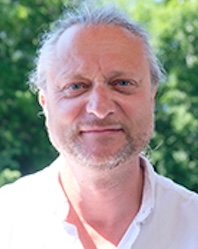
Robert J. Sunderland
Niels Bohr Archive, Copenhagen, Denmark
Topic: Quantum Spirit – The story of the people and relationships behind the quantum revolution
Abstract: In 1925, Werner Heisenberg moved into the apartment vacated by Niels Bohr and his family at the Institute for Theoretical Physics in Copenhagen. For the next two years, they were locked in an intense process to explore and explain the fundamental physical theory behind matter and light at a sub-atomic level.
Over the next 15 years, a wide and varied cast of characters visited Copenhagen, creating a scientific revolution guided by the famous “Copenhagen Spirit” where work and play intertwined to create an intellectually fertile environment with an internationalist perspective.
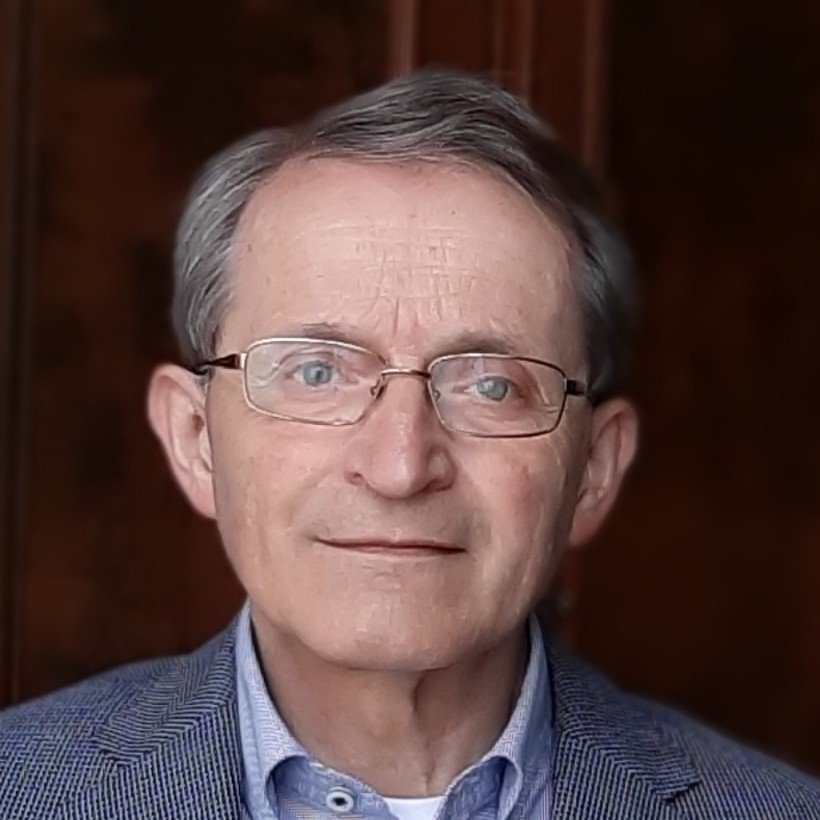
Prof. Alfred Driessen
University of Twente, Netherlands
Topic: A novel view on the foundation of Quantum Mechanics
Abstract: Dealing with Quantum Mechanics, one encounters a paradoxical situation. The application of this modern theory has had an enormous impact and resulted in the transistor, the computer chip, solid state lighting, and has facilitated IC technology and AI. At the same time, the famous quote of Richard Feynman remains valid: If you think you understand quantum mechanics, then you don’t. In this presentation, the author intends to demonstrate that the proverbial weirdness of Quantum Mechanics originates not from the theory itself but from the philosophical framework that is chosen. Classical mechanics works well for a world with deterministic physical laws and matter consisting of well-defined, tiny, billiard ball-like particles. This naïve atomistic view, originated by Democritus, is overcome by the philosophy of Aristotle. For him, movement or change must be considered a whole, a continuum. Division of movement is, in principle, possible, but it depends on its physical characteristics. There are minima of movement, which one may relate to the quantum jumps. Another subtlety in the Aristotelian framework is the introduction of a third state of being besides an actual one and being not at all: the potential being. With this distinction, the collapse of the wavefunction can be understood as the transition from a potential to an actual state. Examples from modern physics illustrate the talk.
* Alfred Driessen, Aristotle and the Foundation of Quantum Mechanics, Acta Philosophica, 29(II):395-413
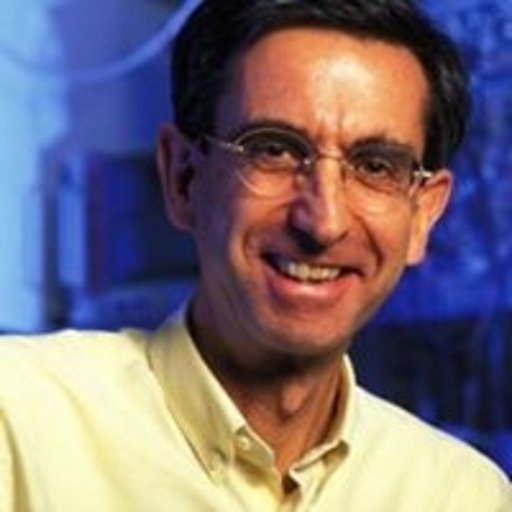
Prof. Antoine Suarez
Center for Quantum Philosophy, ETH-Zürich
Topic: Beyond space and time: The quantum estate as a real-mental state
Abstract: In his talk, Antoine Suarez explains how the entanglement experiments he conducted inspired by John Bell use moving measuring devices, and thereby complete the experiments of Alain Aspect and Anton Zeilinger awarded with the Nobel Prize in Physics 2022, which use measuring devices at rest. The results challenge our understanding of space and time, potentially revolutionizing our perception of the physical world.
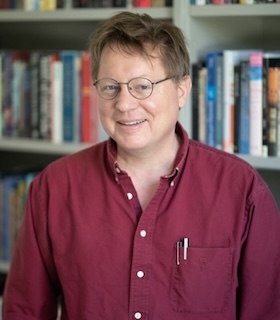
Prof. Christopher Fuchs
Department of Physics, University of Massachusetts, Boston, USA
Topic: QBist Descending a Staircase, No. 2
Abstract: QBism (pronounced cubism) is a foundational program for quantum mechanics premised on the idea that quantum probabilities should be understood as personalist Bayesian probabilities—that is, quantified degrees of belief or gambling attitudes for specific agents and not objective properties of nature. Philosophers hate the idea. “Wah, wah, wah, your quantum states aren’t real; they have to be real because my philosophy says so!” What the philosophers have never appreciated (or perhaps cared about) is that this turn in thinking has motivated a significant number of theorems in quantum information science that might not have been discovered otherwise. In this talk, I will sketch QBism’s most ambitious project yet—rewriting the quantum formalism so that it wears its Bayesian character on its sleeve. One of our key moves will be to replace the notion of Hilbert space with the notion of a reference measurement. But which reference measurement is the most revealing of quantum theory’s essence? In trying to answer this question, we will see that it leads to a deep mathematical question related to Hilbert’s (still unsolved) 12th problem and suggests a novel measurement with a growing number of applications in quantum information science, including generating states of maximal “magic” for Clifford-gate quantum computation.
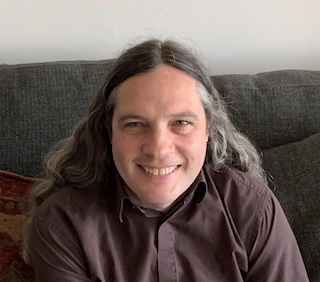
Prof. David Wallace
University of Pittsburgh, Pittsburgh, USA
Topic: Many Worlds as a conservative reading of modern quantum theory
Abstract: From a modern perspective, the quantum measurement problem turns on an inconsistency as to whether we take quantum mechanics as representing the objective physical properties of systems or simply our partial knowledge of those systems. As I will argue, the former view is ultimately necessary if we want to make consistent sense of how quantum theory is used in modern physics, and the latter view becomes approximate and emergent. This leads us naturally to Everett’s ‘Many-Worlds’ approach to understanding quantum mechanics, but those many worlds are not an addition to the quantum formalism but simply a natural and conservative consequence of interpreting it.
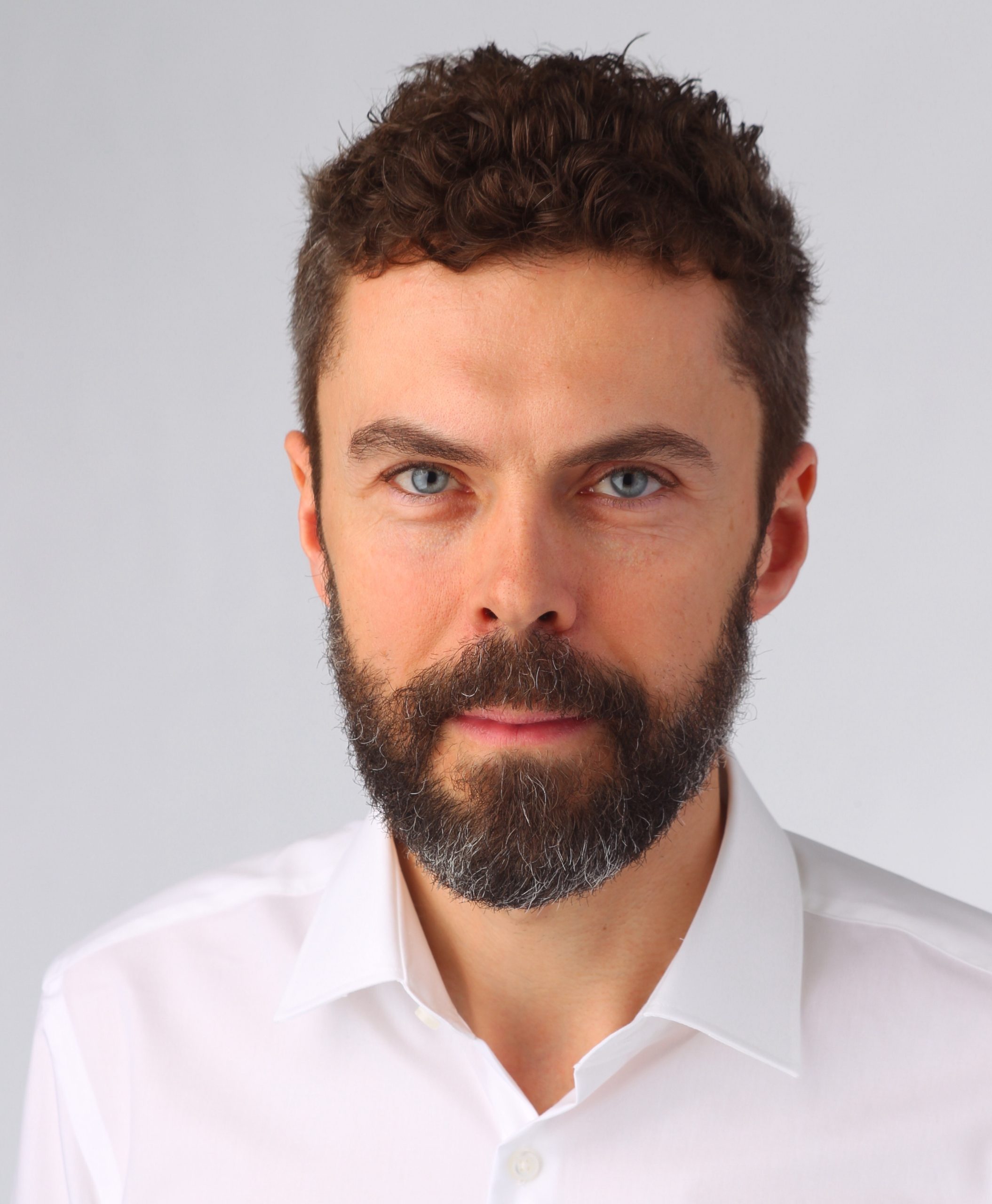
Prof. Markus Paul Müller
Institute for Quantum Optics and Quantum Information, Austria
Topic: A first-person approach to quantum paradoxes and beyond
Abstract: Quantum theory is one of our most successful physical theories, but its textbook formulation is mysterious: why do we have complex state vectors, unitary time evolution or the Born rule? In the first part of my talk, I show how quantum theory can be reconstructed, completely and rigorously, from simple information-theoretic principles, formulated without any of the usual mathematical machinery of QM. This is the result of a research program that has kept several colleagues and myself busy for many years, and which was successfully completed around 2011. It shows that the interpretation of the quantum state as a “catalog of probabilities” is powerful enough to explain the mathematical structure of quantum theory exactly.
In the second part of my talk, I argue that this is but one piece of puzzle in a larger series of arguments which point at the relevance of the first person in physics: rather than studying “what is (supposedly) the case in the world?”, we should ask “what should I expect to observe next?”. I argue that the difficulty of answering this question from the usual “external” third-person perspective is at the heart of several important enigmas beyond quantum theory, such as the Boltzmann brain problem, Parfit’s teletransportation paradox, or our understanding of the simulation hypothesis. I argue that this motivates a particular first-person approach to physics, Algorithmic Idealism, which aims at addressing those puzzles — quantum or not — in a unified way.
